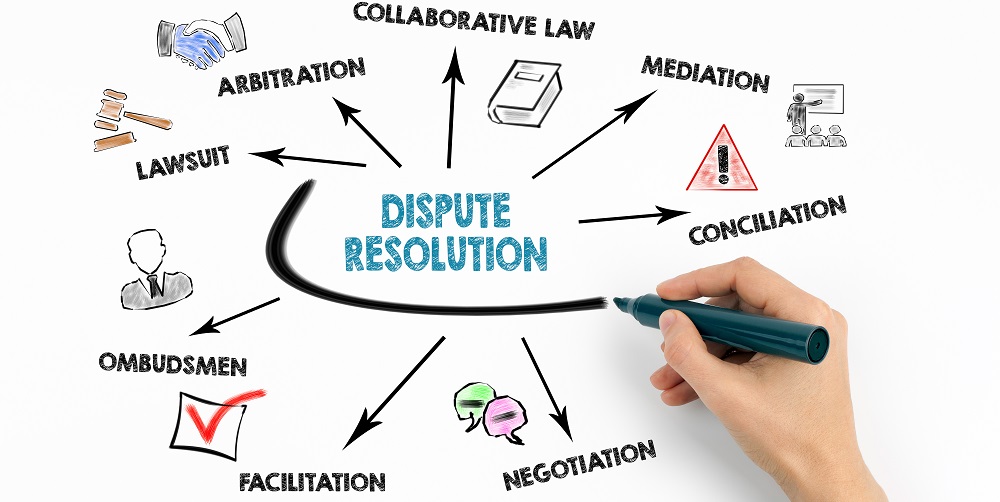Administration of Justice
The administration of justice is one of the most important pillars of the Government. Law exists there to bind the people together and the community. There are times when people started behaving in an anti social element. Thereafter, the sovereign has to administrator constables to punish the wrong doer behind the bars.
Development of the concept
According to Salmond, "Men being what they are keen to see his own interest and passionate to follow it - society can exist only under the shelter of the State and the law and justice of the State is a permanent and necessary condition of peace, order and civilisation.
At the time of inception, the concept of tooth for tooth and an eye for eye was propounded. Then slowly the concept of compensation started to commence.
However, Keeton and Maitland, termed the monetary compensation as botless term. The compensation is no remedy. There are certain situations where the punishments such as death or mutilation was appropriate.
Gradually the State became more and more powerful. There was division of power at the time of administration of justice. The concepts such as natural justice and rule of law were recognized.
In the ancient India, it was the 'purohita' who was given the duty to punish the wrongdoer. In the Mughal era, the 'Qazi' was given the duty. He was guided by religious scholars 'Ulema'.
Kinds of Administration of Justice
Justice system are of two types. Criminal Justice and Civil Justice. The Criminal Justice is related to more horrendous crimes. These are those which are heinous in nature.
In both the criminal justice and the civil liability the procedure followed is different. The main purpose of the civil law is to enforce a right. The main purpose of a criminal justice is to punish the wrong doer.
Purpose of Criminal Justice
The purpose of the criminal justice is to punish the criminal. It is done so that there could be a fear maintained by the law abiding citizens of the society. It is done to set an example for the potential offenders to prevent them from committing the crime.
Manu suggested that the criminal should be punished in the same manner for his misdeeds as a king would punish an offender. The king should punish those who deserve it, otherwise he would go hell.
Punishment under Muslim Law
Under the Mohammedan law, the concept of punishment has hadd in it. Hadd means the measure, limit and in law it means a punishment which is definite and fixed.
Mohammedan Law has the rules so strict and inflexible that it is in rare cases that the retaliation would be possible.
The punishments inflicted by the Mohammedan law includes hadd which includes stoning to death, amputation of a limb or limbs, flogging by hundreds or eighty strikes.
There is taazir inflicted for a particular kind of punishment. This includes highway robbery, drunkness, decency, compromising public tranquility, morals, religion and so on.
Magistrate has to determine in the view of the circumstances of each punishment and the cases that which form of punishment would be the best.
Alternative dispute resolution
Alternative dispute resolution is the alternative to the traditional procedure to solve a dispute between the parties.
Here the procedure is relatively simpler and easy.
Concept and Meaning
The ADR is necessarily an alternative to the regular system of an amicable settlement. We see that ADR is not legally binding in nature. The parties can jointly appoint an arbitrator. A neutral third party can help the parties to reach at a desired conclusion.
Forms of ADR
The need for the Alternative Dispute Resolution
Because of the following reasons we see Alternative Dispute Resolution is getting popular these days. The following are the major reasons for the growth of Alternative Dispute Resolution system:
A lengthy procedure of the regular courts
There is an expensive procedure in case of the regular procedure established by the courts. These procedures takes a lot of time. Sometimes even can last up to half a decade. For these reasons we see that the alternative dispute resolution is adopted.
ADR is less expensive
There is an expensive procedure in case of the regular procedure established by the courts. These procedures takes a lot of time. Sometimes even can last up to half a decade. For these reasons we see that the alternative dispute resolution is adopted. Alternative dispute resolutions are less expensive method of dispute resolution. These are also of different types. However, even though the costs of these procedures differ, but still we see that they are less expensive than traditional procedure.
Quickly as compared to the traditional method
The traditional system of solving a case in the regular courts, there is a lot of time consumed. These procedures takes a lot of time. Sometimes even can last up to half a decade. For these reasons we see that the alternative dispute resolution is adopted.
Delegation of responsibility
Due to the introduction of delegation of power, we see that the alternative dispute resolution can be a good way to deal with the simple cases.
Reduces the burden of regular courts
In case of regular courts, the procedure can take up to years. These procedures takes a lot of time. Sometimes even can last up to half a decade. For these reasons we see that the alternative dispute resolution is adopted.
The complex procedure in regular courts
In regular courts we see that the procedure is long and complicated. Even if there is a single stamp duty or attachment papers are not attached the whole petition is dismissed. Also complex CPC and CrPC procedures are followed in regular courts.
Advantages of ADR
Conclusion


Comments
Post a Comment